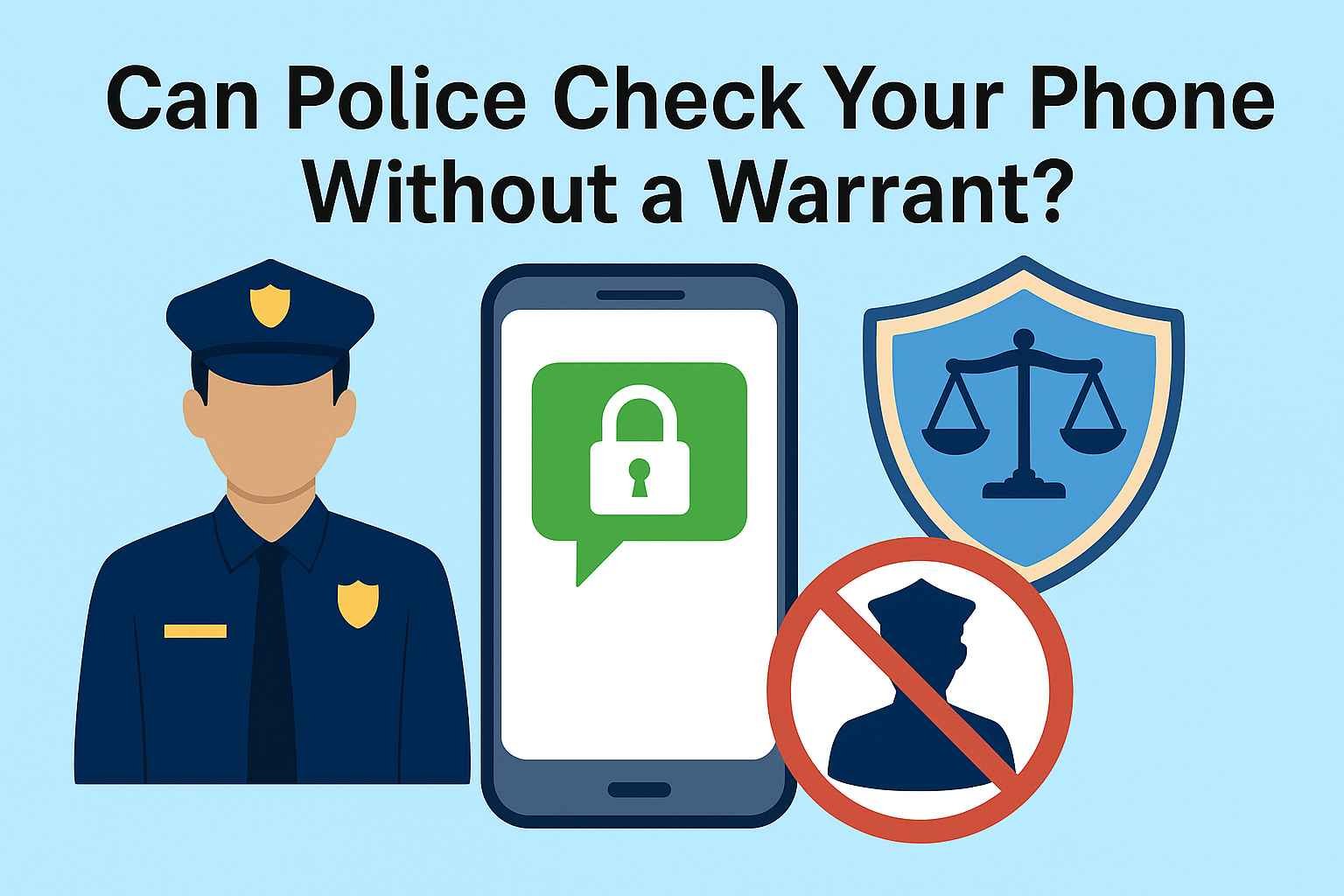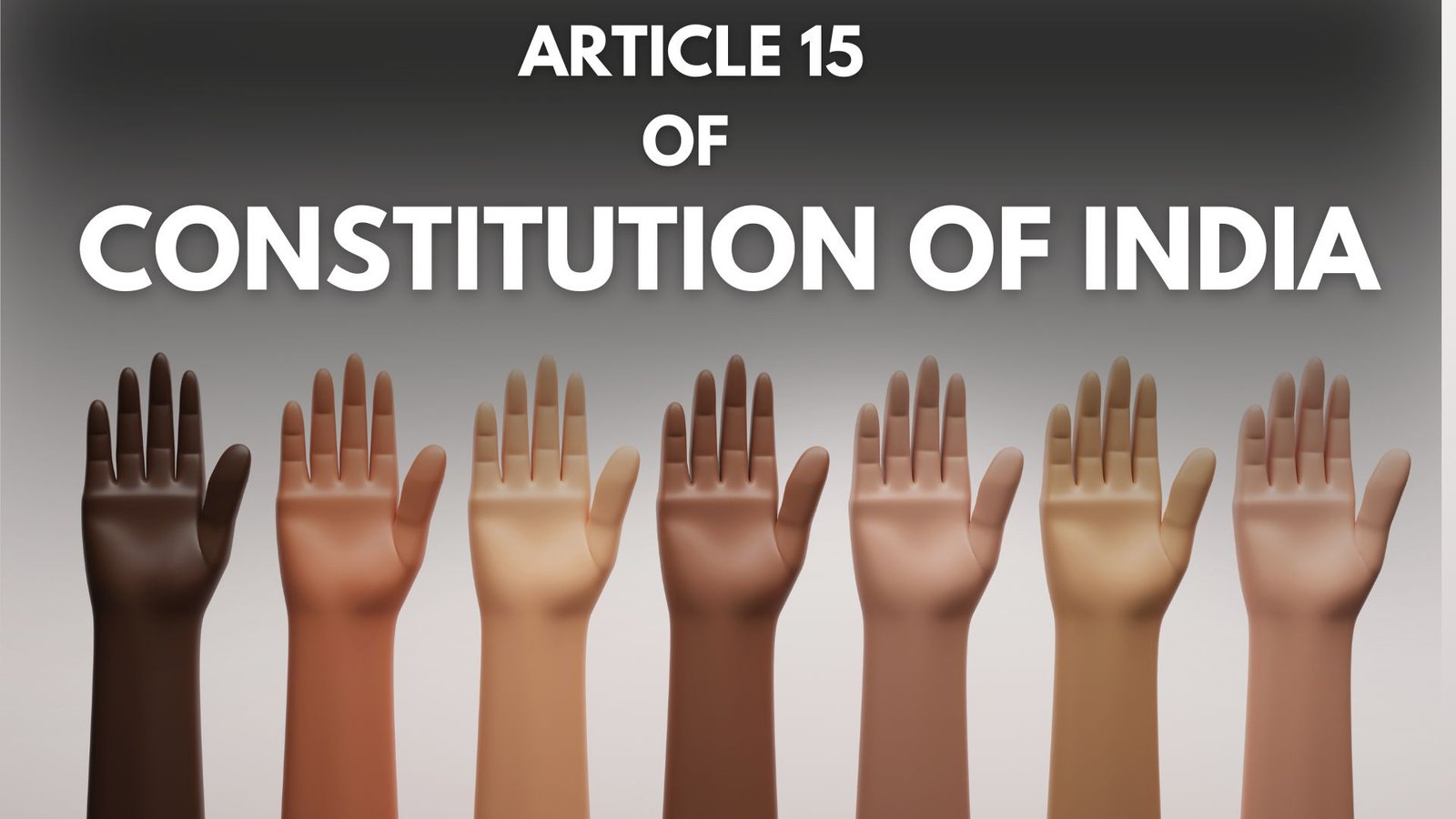On this page you will read detailed information about Legal Recourse for Unlawful Seizure of Vehicle Keys by Police in India.
If an officer seizes your vehicle keys unlawfully, you may feel helpless or uncertain about your rights. However, you have legal recourse to challenge improper police conduct. Understanding the legal landscape empowers you to take action to protect your rights and seek accountability. Carefully documenting the incident provides critical evidence. Additionally, contacting an attorney promptly opens avenues to file complaints or lawsuits against abuse of police power. Although the process involves time and effort, asserting your rights is essential to upholding justice. With persistence and the law on your side, you can work to prevent similarly unjust actions in the future.
When Can Police Legally Seize Your Car Keys in India?
The police in India can legally seize your vehicle keys in limited scenarios. Specifically, a police officer may take possession of your car keys if:
- You are driving under the influence of alcohol or drugs. Police have the authority to conduct sobriety checkpoints and field tests. Refusal to comply can result in charges and seizure of keys.
- Your vehicle registration, insurance, or other required documentation is found invalid or expired. Police can impound your vehicle until you provide updated paperwork.
- Your vehicle is found to have major safety or emissions violations. Police can revoke registration and seize keys until violations are corrected and fines are paid.
- You are witnessed committing a crime with your vehicle, such as reckless driving, hit-and-run, vehicle theft, smuggling, etc. Police can seize keys as evidence and prevent further offenses.
In any scenario where police take possession of keys, you have the right to request paperwork detailing the seizure along with options for recovering your vehicle. This includes information on paying applicable fines, renewing paperwork, and/or attending court hearings.
If you believe officers seized keys unlawfully or without justification, you may file complaints with police oversight agencies. You can also consult a lawyer regarding legal options to contest the seizure and seek financial restitution if your rights were violated. Be prepared to provide evidence supporting your version of events.
Staying up-to-date on all vehicle paperwork, maintaining public safety, and avoiding criminal activities will help prevent most situations of justified key seizure. But knowing your rights and recourses can prove invaluable if you find keys unfairly taken.
Your Rights During a Vehicle Stop and Search
If a police officer stops you while driving and demands your vehicle’s keys, you have certain rights and legal recourses.
- The police must have reasonable suspicion of an offense to stop and search your vehicle. Random checks are prohibited without probable cause.
- If you believe the officer lacks reasonable suspicion, you have the right to calmly ask for the reason for stopping you. Note down badge numbers.
- Complying with officers during a stop is advisable for personal safety. You may file a complaint later if your rights were violated.
- Police can seize keys if evidence links your vehicle to a crime. This requires the officer to issue a legally valid notice explaining the reasons for seizure.
- If keys are snatched without following due process, it constitutes theft. You can file a criminal complaint and lawsuit demanding return of keys and damages for losses incurred.
- Consult a criminal lawyer to issue a legal notice to the police station. Send copies to senior officials. Set a deadline for return of keys before escalating with a writ petition.
- Gather evidence like photos, videos, receipts, witnesses to build your case. Lawyers can retrieve CCTV footage via court orders.
- Courts can award compensation if they rule that the seizure of keys without following process caused unlawful distress or losses.
Exercising your legal rights properly when stopped by police is vital. Being aware of laws governing vehicle checks and key seizures can help ensure police accountability and protect vehicle owners from harassment. Consulting a lawyer immediately is crucial.
In the previous post, we had shared information about Gender Neutral Laws in India so read that post also.
Challenging Improper Seizure of Keys in Court
If a police officer in India improperly seizes your vehicle keys without sufficient justification, you have legal options to get your keys back and take action against the officer.
- You can file a petition in the High Court or Supreme Court under Article 226 of the Indian Constitution. This allows you to challenge the seizure of your keys as a violation of your Fundamental Rights.
- Your petition would argue that the seizure lacked procedural safeguards and was arbitrary, excessive, malicious, and an abuse of police powers.
- The court can issue notices to the police officer(s) involved, demanding that they justify and explain the seizure of keys under legal authority.
- If the court finds the seizure was improper or illegal, it can direct the police to return your keys immediately and take disciplinary action against the officers.
- You may also seek compensation for any losses suffered due to the unlawful seizure, such as missed work time or wages.
- In extreme cases where police behavior shows utter disregard for laws and rights, the court can charge officers with contempt of court.
Taking legal action not only helps you regain your property, but reinforces checks on police powers. It compels law enforcement to act responsibly within proper legal bounds when engaging with citizens. However, also be pragmatic in your expectations from overburdened courts. Seek legal counsel to strengthen your case. With persistence and evidence, justice has a reasonable chance of prevailing against transgressions.
Filing a Complaint Against the Police for Excessive Force
If a police officer snatches your vehicle keys in India without cause, you have the legal right to file a complaint against them for excessive use of force. Here is the recommended process:
- File a written complaint with the superintendent of police or commissioner of police in the district where the incident occurred. Provide the officer’s name and badge number if known, along with date, time, location, and full details of the interaction.
- Submit any evidence you have to support your account, such as photos or videos taken at the scene, medical reports if injured, and contact info for witnesses willing to provide statements. This corroborating proof will strengthen your case.
- If unsatisfied with the police response after a reasonable time, send notice of your complaint to the State Human Rights Commission, National Human Rights Commission, or courts. These bodies can compel the police to justify the officer’s conduct and charge them if actions deemed unlawful.
- You may also choose to engage a lawyer to file a case in the magistrate’s court against the police department seeking compensation for mental trauma, physical harm, or other damages resulting from the officer unjustly seizing your vehicle keys.
- Throughout the process, remain professional in your complaints, cooperate fully with investigating agencies, and follow due process. Despite feeling wronged, avoid aggression toward the police. This weakens your position.
Seeking legal redress for police misconduct requires patience and meticulous record-keeping. But Indian citizens have the right under law to hold law enforcement accountable for overreach or excessive force. Follow the proper procedures, and justice should prevail.
Getting Compensation for Unlawful Seizure of Property
If a police officer unlawfully seizes your vehicle keys in India, you have legal options to seek compensation. Follow these steps:
- File a written complaint with the station house officer where the unlawful seizure occurred within 24 hours. Provide dates, times, officer names, badge numbers and full details of what transpired. Request that unlawful seizure be recorded in station diary.
- Submit application to Police Commissioner or District Superintendent under Section 154(3) of the Code of Criminal Procedure if station house officer refuses or delays recording complaint.
- Send legal notice to government department citing violations of your fundamental rights under Articles 19 and 21 of the Indian Constitution, which protect right to movement and due process.
- File writ petition in High Court under Article 226 of the Constitution if police fail to take remedial action within 60 days. Seek compensation for losses incurred due to unlawful seizure of keys.
- Contact a lawyer to assist with factual complaint, legal notice and writ petition. Presence of legal counsel strengthens case.
Recourse is available under the law if police cross limits, even if keys are returned. Standing up through lawful procedures improves accountability and prevents future harassment. Compensation can offset losses suffered due to arbitrary actions.
Conclusion
As you have seen, unlawful seizure of vehicle keys by police officers remains a challenge for motorists in India. However, there are legal options to pursue if you find yourself in such a situation. Be aware of your rights, document the interaction, and consider filing a complaint or lawsuit. With increased awareness and use of legal recourse, unlawful seizures may decline over time. Ultimately, we must continue advocating for accountability and justice when authorities overstep their bounds. Stay informed, know your options, and do not hesitate to take legal action if needed.
Disclaimer
The information and services on this website are not intended to and shall not be used as legal advice. You should consult a Legal Professional for any legal or solicited advice. While we have good faith and our own independent research to every information listed on the website and do our best to ensure that the data provided is accurate. However, we do not guarantee the information provided is accurate and make no representation or warranty of any kind, express or implied, regarding the accuracy, adequacy, validity, reliability, availability, or completeness of any information on the Site. UNDER NO CIRCUMSTANCES SHALL WE HAVE ANY LIABILITY TO YOU FOR ANY LOSS OR DAMAGE OF ANY KIND INCURRED AS A RESULT OR RELIANCE ON ANY INFORMATION PROVIDED ON THE SITE. YOUR USE OF THE SITE AND YOUR RELIANCE ON ANY INFORMATION ON THE SITE IS SOLELY AT YOUR OWN RISK. Comments on this website are the sole responsibility of their writers so the accuracy, completeness, veracity, honesty, factuality and politeness of comments are not guaranteed.
So friends, today we talked about Legal Recourse for Unlawful Seizure of Vehicle Keys by Police in India, hope you liked our post.
If you liked the information about Legal Recourse for Unlawful Seizure of Vehicle Keys by Police in India, then definitely share this article with your friends.
Knowing about laws can make you feel super smart ! If you find value in the content you may consider joining our not for profit Legal Community ! You can ask unlimited questions on WhatsApp and get answers. You can DM or send your name & number to 8208309918 on WhatsApp











